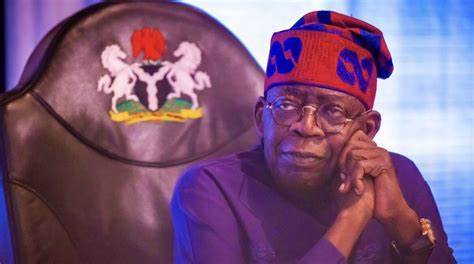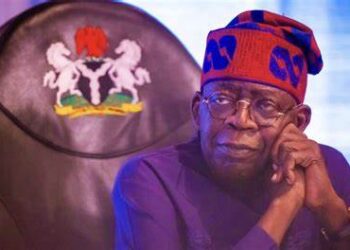Nigeria’s Minister of Industry, Trade and Investment, Jumoke Oduwole, has expressed confidence in the country’s economic stability and growth prospects, even as the United States prepares to implement a 15 percent tariff on Nigerian exports.
During a CNN interview Thursday, Oduwole emphasized that Nigeria would maintain its strategic focus on market diversification and domestic investment strengthening, rather than responding reactively to the new trade barriers announced by US President Donald Trump, which are set to take effect at midnight Eastern Time.
The minister highlighted the balanced nature of US-Nigeria trade relations, noting that America exported $4.3 billion worth of goods to Nigeria last year while primarily importing crude oil, fertilizer, and other commodities from Africa’s largest economy. This existing trade equilibrium, she suggested, provides a foundation for continued economic cooperation despite policy changes.
Oduwole credited President Bola Tinubu’s administration with achieving economic stabilization through coordinated monetary, fiscal, and trade policies that have enhanced investor confidence. She argued that even critics acknowledge the progress made in aligning these policy frameworks to deliver tangible value for both domestic and international investors.
Rather than pursuing retaliatory measures against the US tariff, Nigeria plans to accelerate implementation of President Tinubu’s eight-point economic agenda while supporting domestic investors and expanding market access for Nigerian businesses. The minister described this approach as responsive rather than reactive, demonstrating strategic patience in navigating international trade challenges.
The government’s diversification strategy includes deepening integration within the African Continental Free Trade Area framework while strengthening partnerships with Brazil, China, Japan, and the United Arab Emirates. Oduwole noted that non-oil exports experienced robust 24 percent year-on-year growth in the first quarter of 2025, indicating successful market expansion beyond traditional trading relationships.
Nigerian commodities including fertilizer, lead, and cocoa are experiencing strong demand in emerging markets, providing opportunities for export growth even as traditional markets face access restrictions. The minister highlighted the government’s commercial investment program launched in June, which targets infrastructure development, agricultural enhancement, and digital trade expansion.
Key economic reforms implemented under the current administration include foreign exchange market stabilization, fuel subsidy removal, and preparations for a comprehensive tax infrastructure overhaul scheduled for early 2026. These measures are designed to create a more attractive investment environment and strengthen Nigeria’s economic fundamentals.
While acknowledging that the US tariff could influence global trade patterns, Oduwole views the situation as an opportunity to enhance South-South trade relationships and diversify export destinations. The minister expressed particular interest in monitoring developments regarding the African Growth and Opportunity Act renewal expected in September.


















